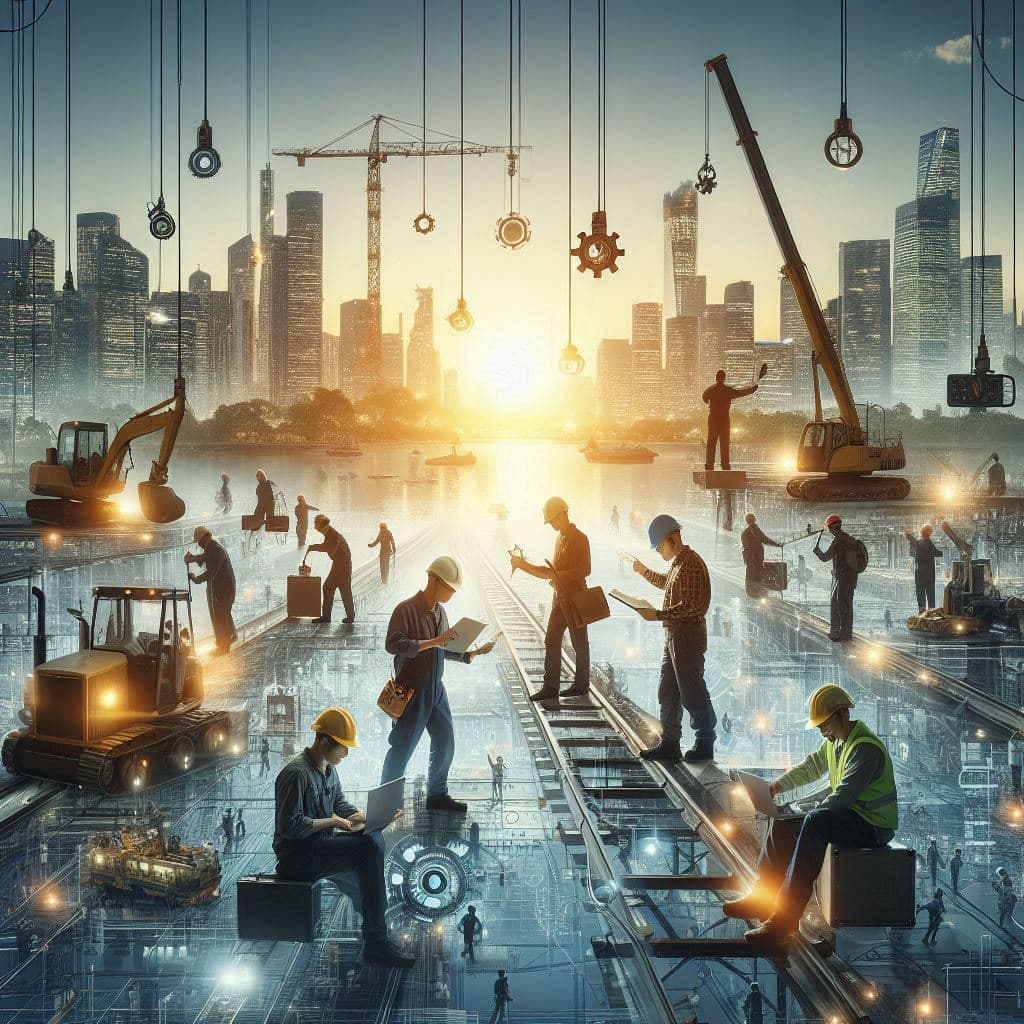Table of Contents
Take a walk through any busy city and the pulse is practically palpable.
Dreamers and hustlers fill up the floors of towering office buildings. Subways are in constant motion, and cafes buzz with brainstorming sessions over coffee.
Yet beneath all this action is a valuable question: which jobs will actually survive the economic storm when times get tough?
Yes, city life promises opportunities. However, not all occupations are equally secure.
Some careers bounce back, while others wipe out when times get rough.
So let’s dig deeper into what makes certain urban job markets resilient. We’ll see why certain careers manage to weather big changes, and how Texas is leveling up the workforce to withstand whatever the future brings.
Surviving the Urban Job Market: What Works
It’s not magic. Mix smart planning, fresh thinking, and the application of the right skills in the right places.
City jobs have serious staying power because of these traits:
- Necessary Needs: Cities never sleep. Careers connected to infrastructure, such as building maintenance and power systems, keep active even during downturns.
- New Tech, Old Needs: As urban areas become more modern, the need for tech-savvy people increases. After all, robots and cutting-edge systems require maintenance.
- The Overlooked Essentials: Kitchen workers, tech support specialists, transit operators. These jobs aren’t particularly glamorous, but big cities would fail without them.
In many cases, the jobs connected to these realities are thriving instead of simply surviving.
Two Faces of Resilience
Evergreen Careers Grow from Roots
Jobs that are deeply integrated into the daily rhythm of life are hard to uproot.
Occupations in the fields of public transit, electricity, water, and waste management don’t slow down for recessions or trends. As cities continue to grow bigger and smarter, maintaining this pace becomes more valuable as well as complicated.
Education, Training, and the Art of the Comeback
When major changes happen, workers who continue learning can pivot instead of panic. That means continuous upskilling, apprenticeship programs, and new forms of education are equally valuable as diplomas hanging on a wall.
Why Technical Skills Matter
Let’s look beyond the academic jargon. Technical fields form the backbone of urban resilience. Every sensor, HVAC system, city elevator, or digital payment hub requires real-world experts working behind the scenes.
Let’s Shine The Spotlight on Strengths
- Real Time Learning in the Real World: Many cities are investing heavily in recruiting trade-school graduates into the workforce. A great example of this is industrial maintenance training in Texas. This popular program offers hands-on lessons and troubleshooting that textbooks alone simply cannot provide. Graduates are not only book-smart, they’re also job-ready.
- Matching Modern Needs: As more cities install smart lighting, green energy platforms, or high-speed networks, there’s an increasing demand for tech-savvy workers who can keep things running.
- Job Safety: Technical knowlege isn’t just a ticket to one job. It also opens a ladder of available roles. Because knowing how to keep a city’s machinery moving creates mobility across a variety of industries.
Where Urban Job Markets Stay Strong: Real-Life Scenarios
It sounds great in theory, but it means a whole lot more in practice. These three examples show where technical skills made the difference.
Meltdown on the Power Grid
Imagine a metro area suffers a massive blackout. This is more than just flickering lights. Businesses, transit systems, and hospitals all depend on fast-acting utility technicians and maintenance crews to restore order. These necessary skills keep cities safe and running.
Overhauling a Smart Office
When a company decides it’s time to automate the entire headquarters, who gets the call? We’re talking a major transition where climate control, lighting, and elevators go digital overnight. This is where facility technicians and automation specialists who are trained for next-gen gear are called into action while less versatile roles fizzle out.
Sustainable Infrastructure
Solar panels and microgrids are becoming standard installations on city rooftops and in parks. Workers trained in maintaining sustainable systems are able to land jobs that simply didn’t exist five years ago. We’re witnessing change in action, and it’s more resilient by design.
The Power of Upskilling: From Shop Floor to City Core
Urban economies are able to bounce back gracefully when regular people can pursue new skillsets without starting over. That’s the beauty of hands-on programs. Instead of shutting the door to old-school jobs, training centers reboot them for modern innovations.
Think about it this way. Every growing city needs problem-solvers who are prepared for the future. Everyone in an urban area is given a fighting chance by supporting continuous learning, especially in skilled trades and technical fields.
If city life is a living, breathing experiment, then resilient careers are the backbone that make everything else possible. The bustling, ever-adapting heart of the city remains strong because its workforce never stops learning and never stops doing.
That is real resilience.
(Image created by Microsoft Copilot)


